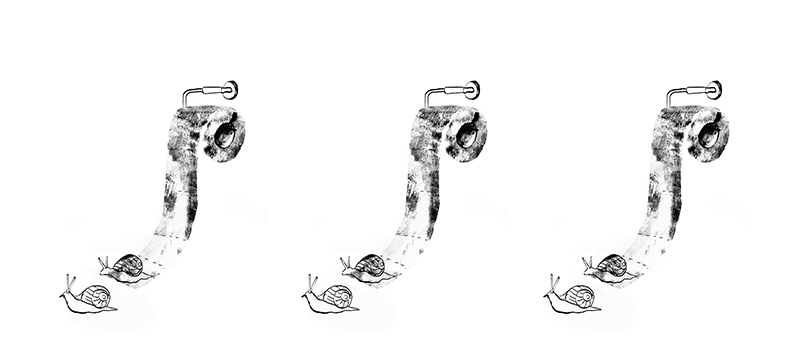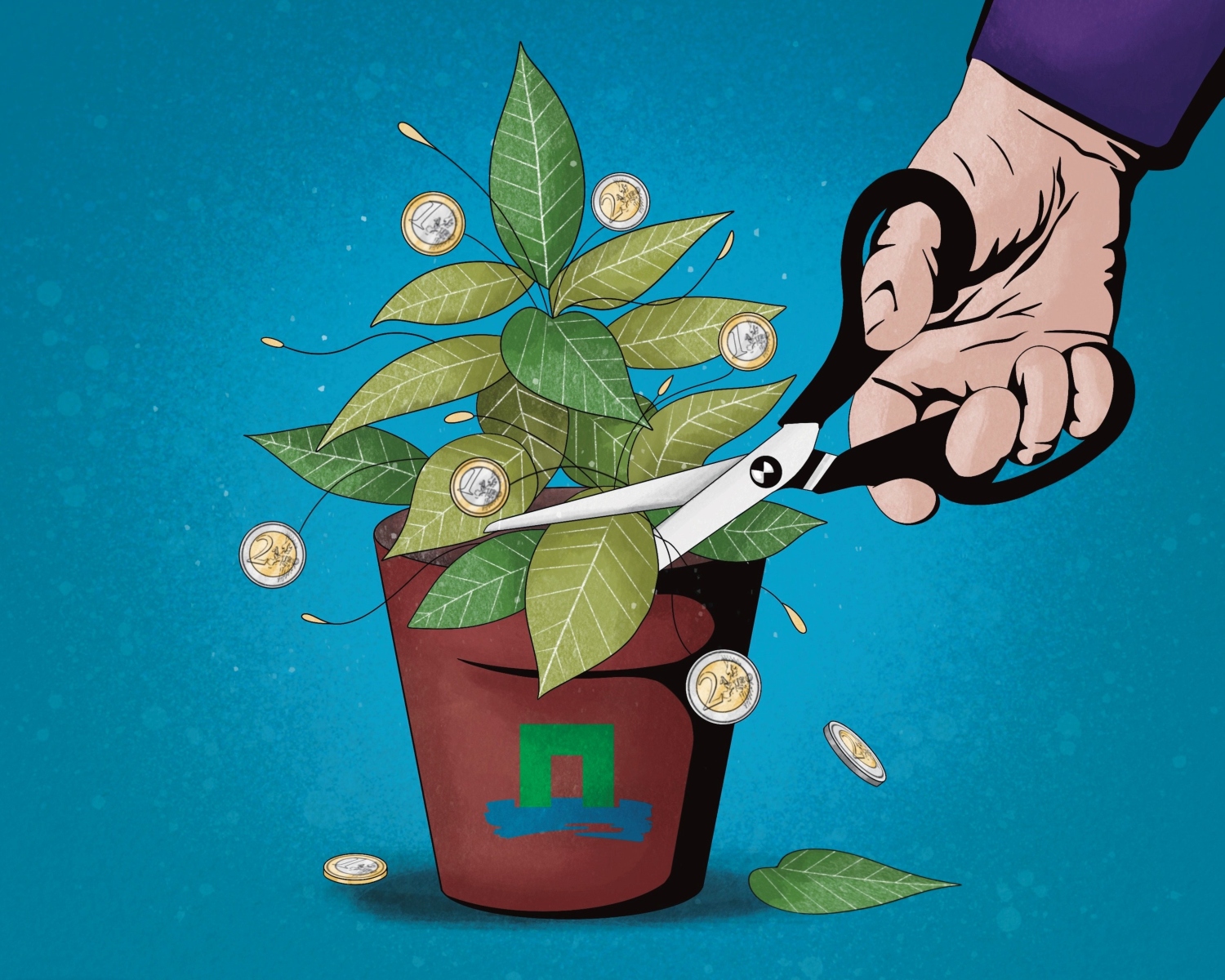Bacteria and moulds need two things to grow: food and water. ‘In clean water, there are no sugars or other nutrients to help them grow, and as long as the cap is on the bottle, they don’t get in either,’ says Marcel Zwietering, Professor of Food Microbiology. ‘So the water doesn’t go bad’. The best-before date is there because it is a legal requirement, but you can safely drink the contents after that date: ‘The quality of some products may deteriorate a bit, but nothing will happen to pure water.’
And the water bottles we drink from all day long? ‘With every sip you take, some saliva containing food and bacteria from your mouth always flows back into the bottle. If you reuse a bottle, it will soon be full of bacteria,’ says Zwietering. ‘A study by a former WUR employee showed that the water from some of the reused bottles was officially not suitable as drinking water for cows, because of the high concentrations of bacteria in it.’ But the good news is: it is not dangerous for us. They are your own mouth bacteria and they don’t make you sick. If that still sounds gross to you, Zwietering says you should wash your bottle every now and then. ‘Hot water will do. You can also use washing-up liquid, but that contains organic substances on which bacteria and fungi can grow, so you should rinse the bottle thoroughly afterwards.’ Dutch tap water is clean, so it is safe to store it in a clean bottle.
If you reuse a bottle, it will soon be teeming with bacteria
Marcel Zwietering, Professor of Food Microbiology
It is better not to refill bottles that have contained juice or milk, because they do provide a breeding ground for bacteria and fungi. You can clean these bottles thoroughly with hot water and washing-up liquid. ‘Glass and stainless-steel bottles are easy to keep clean, thanks to their smooth surfaces,’ says Zwietering. ‘Plastic works too and is nice and light. However, little bits of organic material can leak out of the plastic and form a breeding ground. So the best advice is still to replace the water regularly.’
Every day, we are inundated with sometimes contradictory information. So what are the facts of the matter? In this feature, a scientist answers your pressing questions. Every question you ask makes you a little wiser. Do you dare to ask yours? Email us at: redactie@resource.nl

 Illustratie Marly Hendricks
Illustratie Marly Hendricks 

